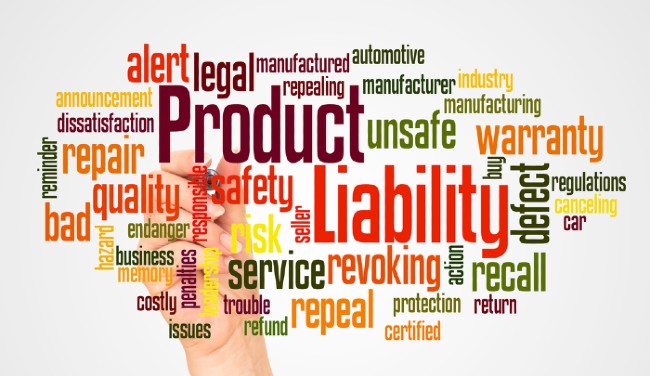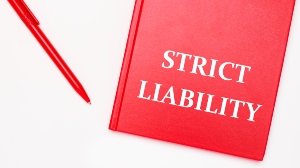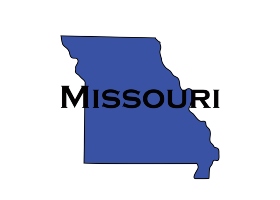
Updated: July 2025
We rely on products every day—from vehicles to toys to power tools—trusting they’ll work safely and as intended. But when something goes wrong, a defective product can cause serious harm. If you have been hurt by a product you thought was safe, you may want to pursue a product liability claim.
This is where product liability comes in. Most consumer goods—from home appliances to medical devices—can be the subject of product liability claims.
Product liability refers to the legal responsibility a manufacturer or seller holds for putting a defective product on the market. It provides consumers a legal recourse to be compensated for their injuries when products cause injuries or fail to perform safely.
Product Liability Legal Theories
Product liability claims can be filed based on a variety of legal theories, including:

Strict Liability
Most often, claims will be filed under strict liability. Why? Because it requires a lower burden of proof, it does not require a showing of fault. This means that you, the plaintiff, do not need to prove the defendant did anything wrong; just that:
✅ Note: You still need to demonstrate causation—that the defect directly led to your injury.
In other words, manufacturers are “strictly” liable for product defects occurring during the manufacturing process, regardless of the manufacturer’s level of care.
Read More: Product Liability Lawsuit Guide (2025)
Our Kansas City-based legal team is skilled in consumer protection laws and product liability litigation. We’re here to help you understand your rights and build a compelling case.
Who is responsible for product liability claims?
Any party involved in the product’s distribution chain may be held liable. That includes:
Questions? Contact our office at (877) 284-6600.
Product liability claims rely on state laws; there are no federal laws that apply.
Missouri statutes define a product liability claim in Section 537.760 as a case in which the plaintiff seeks damages based on strict liability because:
Missouri Products liability claim defined.
 (1) The defendant, wherever situated in the chain of commerce, transferred a product in the course of his business; and
(1) The defendant, wherever situated in the chain of commerce, transferred a product in the course of his business; and
(2) The product was used in a manner reasonably anticipated; and
(3) Either or both of the following:
(a) The product was then in a defective condition unreasonably dangerous when put to a reasonably anticipated use, and the plaintiff was damaged as a direct result of such defective condition as existed when the product was sold; or
(b) The product was then unreasonably dangerous when put to a reasonably anticipated use without knowledge of its characteristics, and the plaintiff was damaged as a direct result of the product being sold without an adequate warning.

If you or a loved one suffered an injury due to a defective product, you may have a product liability case. Contact the law offices of Nash & Franciskato at (877) 284-6600. One of our experienced staff members will speak with you personally and will provide you with a free, no-obligation review of your case.
CONTACT US FOR A FREE REVIEW OF YOUR CASE
Would you like to receive news and blog updates regularly? Sign up to receive our email newsletter. Your email address will only be used to send you our newsletter and respond to inquiries.
Past results afford no guarantee of future results, and each case is different and is judged on its own merits. The choice of a lawyer is an important decision and should not be based solely upon advertisements.
Editor’s Note: This post was originally published May 15, 2020. It was reviewed on February 29, 2024, and again on July 10, 2025, updated for content and accuracy, and republished at that time.
Photo Credits: